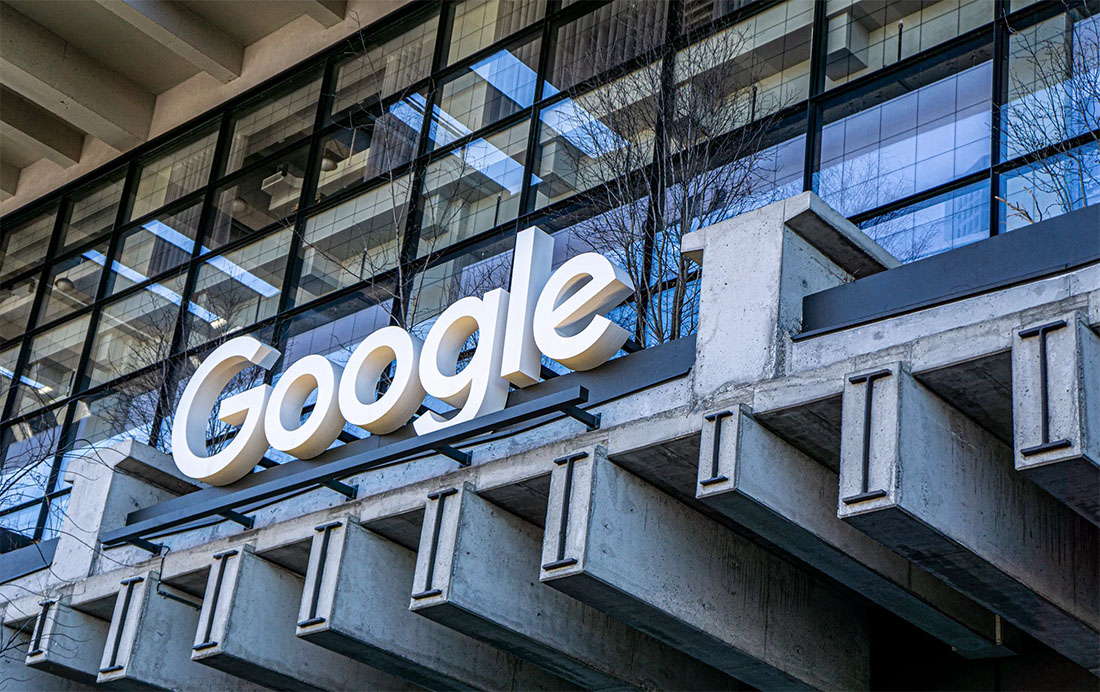
The roots of this dispute trace back to 2020 when Google initially restricted content from Russian media channels, a decision that dramatically intensified following Russia's full-scale invasion of Ukraine in 2022. Kremlin spokesman Dmitry Peskov acknowledged the fine's symbolic nature, stating it was "filled with symbolism" rather than a realistic financial demand.
Contextualizing the unprecedented fine, the amount far exceeds Google's entire market valuation of $2 trillion and dwarfs the global GDP of approximately $110 trillion, as estimated by the International Monetary Fund. The penalty compounds daily, creating a mathematically absurd scenario that highlights the deep political tensions underlying the dispute.
Russian media outlets, including channels associated with the Wagner Group and sanctioned oligarchs, have found themselves systematically blocked from YouTube. This digital censorship prompted retaliatory legal actions, with Russian courts implementing increasingly aggressive financial penalties. Previous fines, such as the 21.1 billion rouble penalty in July 2022, pale in comparison to this latest astronomical figure.
The international dimensions of this conflict extend beyond Russia's borders. Media outlets have initiated legal proceedings in multiple countries, including Turkey, Hungary, Spain, and South Africa, seeking enforcement of Russian court decisions. Notably, South Africa's High Court has already granted a motion to potentially seize Google's assets within its jurisdiction.
Alphabet, Google's parent company, remains strategically measured in its response. In its third-quarter earnings report, the company cryptically noted "ongoing legal matters relating to Russia" while asserting that these proceedings would not have a "material adverse effect" on its operations.
This confrontation reflects broader geopolitical dynamics, particularly the severe restrictions on press freedom in Russia and the ongoing information warfare surrounding the Ukraine conflict. The astronomical fine serves as a provocative statement, challenging global tech platforms' autonomy and signaling Russia's determination to control digital narrative spaces.
















